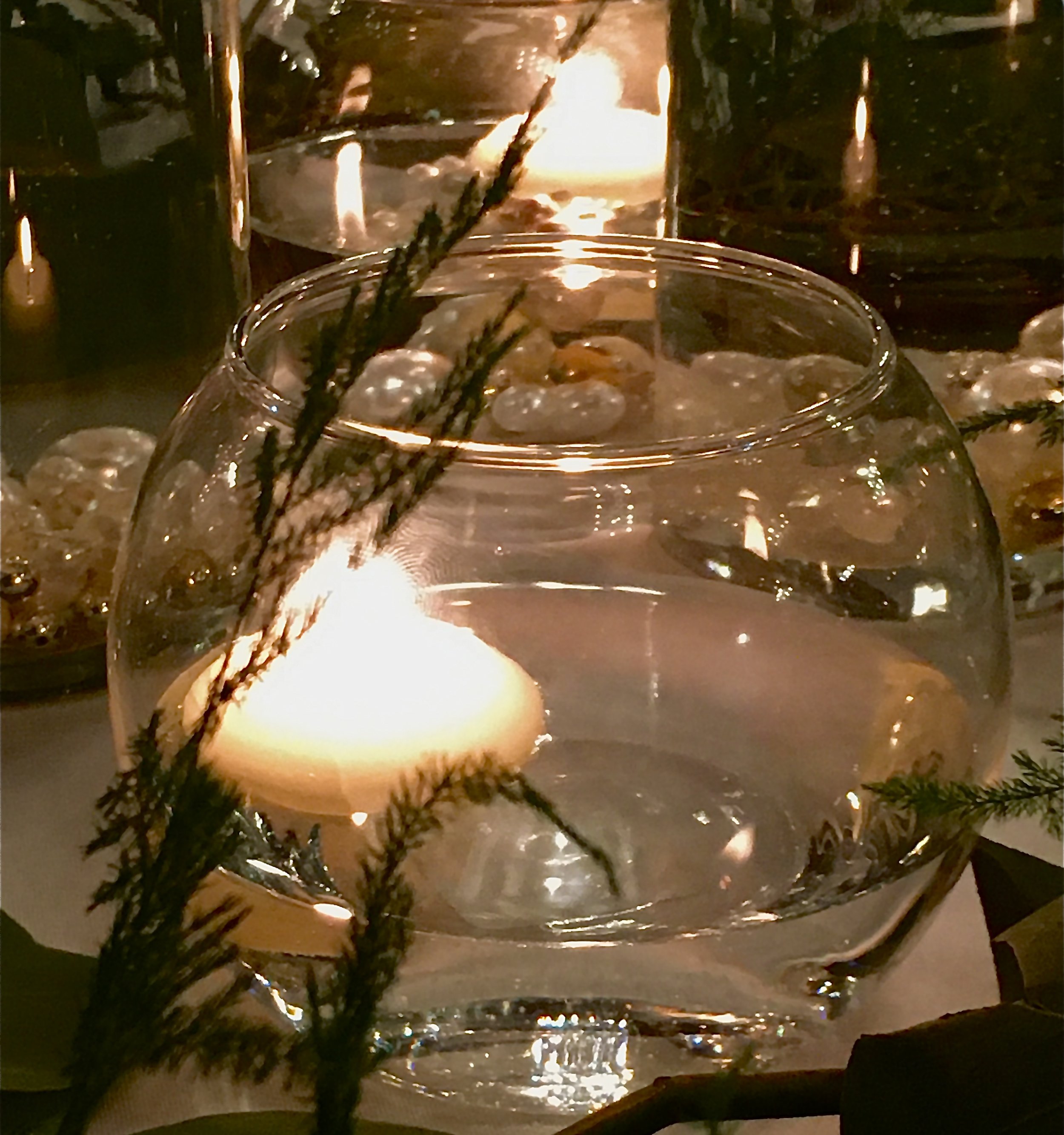As someone who hunts for dandelions, earthworms, frogs, snails, mushrooms and muddy moss for admiring portraits, I immediately loved this poem, although I am doubtful of my contribution as an adult. Btw, I find many great poems by following Joseph Fasano, who is also a great poet.
For the first prompt, write a poem praising something usually overlooked or even considered “ugly” or “gross” to many people, such as a turkey vulture gliding on thermals or a glittery snail streak. Be exuberant in your admiration.
The second prompt is to write a poem, story or essay centering on someone in your daily life or society whose contribution is ignored. Perhaps you can write about the garbage collector or plumber. I certainly was grateful to the plumber who came out every time the sewer backed up into the basement, where the laundry and only shower was located, in the house I rented in grad school—my hero! This is the time to thank those in often thankless jobs that keep us and our surroundings clean and healthy and comfortable.
For a third, write a poem or story using the following list of words: “raise,” “dandelion,” “sense,” “needs,” “thorn,” “rainswept,” “grown,” “voice,” “bond” and “tender.”
The next is to write a poem or story from the perspective of moss or lichen, of the barnacle or skittering crab, of worms and minnows or anything that may have a viewpoint you need to share.
For the last prompt, write about the ecosystem of microorganisms that make up you. Write about the minuscule critters living on your eyelashes, the gut flora that is unique to you, or any of the other microbiota you are in a symbiotic relationship with.
Bonus prompt: write an adventure story using the title given, or write an ekphrastic poem with the photo.
And above is another photo prompt you can use if you wish. I found this on a walk in Kiln, MS. I loved how soft and pillowy it looks (but didn’t touch, alas).
Good luck writing! Have fun!





























































